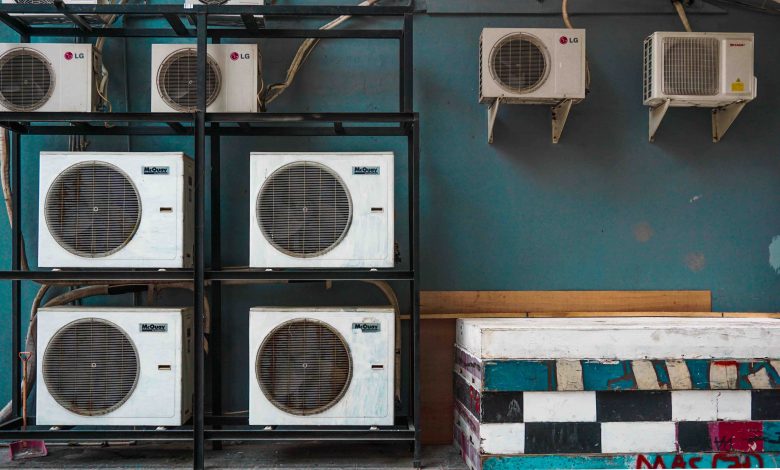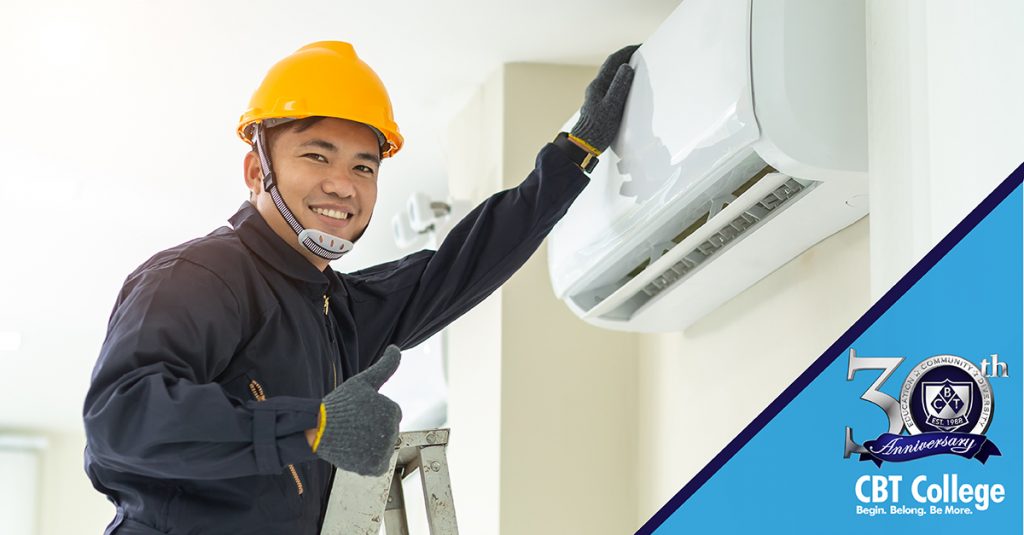
If you’re considering enrolling in an HVAC trade school in Miami, Florida, you’ve taken the first step towards a promising and rewarding career that could open doors to a lifetime of opportunities.
As the demand for skilled Heating, Ventilation, and Air Conditioning (HVAC) technicians continues to surge in a world where buildings are becoming more advanced and energy-efficient, your decision to embark on this journey is timely and forward-thinking.
As a prospective HVAC student, you might be curious about the prerequisites required before immersing yourself in classes and beginning your comprehensive training.
In this blog post, we’ll explore the essential steps you need to take to prepare for HVAC school in Miami and elaborate on the incredible potential this career path holds for those willing to dedicate themselves to excellence in the field.
First and foremost, the good news is that the foundational requirement to begin your HVAC training journey is a high school diploma or equivalent.
Combined with your determination to undergo the mandatory training and accumulate the practical experience necessary, you’re on track to earn your coveted HVAC trade school certification—a symbol of your expertise and competence in the industry.
Common Enrollment Prerequisites for HVAC Trade School
Now, let’s delve into some of the most common prerequisites that will set you on the right course to excel in HVAC school:
- An Appropriate Educational Background: While a high school diploma provides the gateway to HVAC trade school, a strong foundation in certain subjects can significantly enhance your academic journey. Courses in mathematics, physics, and mechanical engineering, for instance, can equip you with the essential analytical and problem-solving skills that are the bedrock of success for any HVAC technician. Gaining a comprehensive grasp of these subjects will enable you to navigate the intricate world of heating, ventilation, and air conditioning systems confidently and competently.
- Demonstrating Technical Aptitude: The complexity of HVAC systems demands a robust technical understanding. Having an inherent aptitude for comprehending mechanical systems, circuits, and electronics can prove invaluable during your HVAC training. If you find satisfaction in hands-on work, possess a knack for unraveling puzzles, and have an innate curiosity about the inner workings of mechanisms, you possess the qualities that align seamlessly with a flourishing HVAC career.
- Emphasizing Physical Fitness: HVAC technicians frequently operate in physically demanding settings. Your role might entail lifting heavy equipment, maneuvering through confined spaces, and executing tasks that require strength and agility. By prioritizing your physical fitness and cultivating optimal health, you can ensure you’re prepared to excel in an environment where physical challenges are par for the course.
- Nurturing Strong Communication Skills: The responsibilities of an HVAC technician extend beyond machines and systems. Effective communication with clients, colleagues, and supervisors is pivotal. As an HVAC technician, your capacity to discern client requirements, simplify complex technical issues, and seamlessly collaborate with your peers can elevate you to a well-rounded professional. Developing strong communication skills equips you with the technical aspects of the job and the interpersonal dynamics that play a vital role in your success.
- Grasping Basic Computer Literacy: Modern HVAC systems often incorporate computerized controls and automation in this current era of technological advancement. A foundational understanding of computer systems and software can prove advantageous as you troubleshoot, diagnose, and repair HVAC equipment. Familiarizing yourself with prevalent computer programs and tools within the industry will empower you to navigate the evolving landscape of HVAC technology more effectively.
- Committing to Environmental Responsibility: With the growing emphasis on sustainable practices, HVAC technicians play a vital role in energy conservation. Familiarity with eco-friendly technologies, energy-efficient systems, and environmentally conscious approaches will underscore your commitment to a greener future.
- Collaborating with others: HVAC projects often involve collaboration with other professionals, such as electricians, architects, and project managers. Cultivating teamwork skills and the ability to contribute constructively within a multidisciplinary framework enhances project outcomes and client satisfaction.

Do You Have What It Takes to Become an HVAC Technician?
Embarking on the journey to becoming an HVAC technician requires a blend of determination, foundational education, technical acumen, physical preparedness, and effective communication skills.
By aligning yourself with these prerequisites, you’re laying a solid foundation for your education at HVAC trade school and a prosperous career in the ever-evolving field of heating, ventilation, and air conditioning.
When you enroll in CBT Technology Institute’s 8-month HVAC technician program, you’ll quickly gain the HVAC training necessary to begin working in an entry-level position in the HVAC industry.
CBT Technology Institute is a premier HVAC school in Miami, Florida.
In addition to our HVAC trade school courses, CBT Technology Institute offers a wide range of higher education and technical services courses to jump-start your career.
For more information about CBT’s 8-month HVAC training program and to take your first steps toward the new career path you’ve been dreaming of, contact us today.
